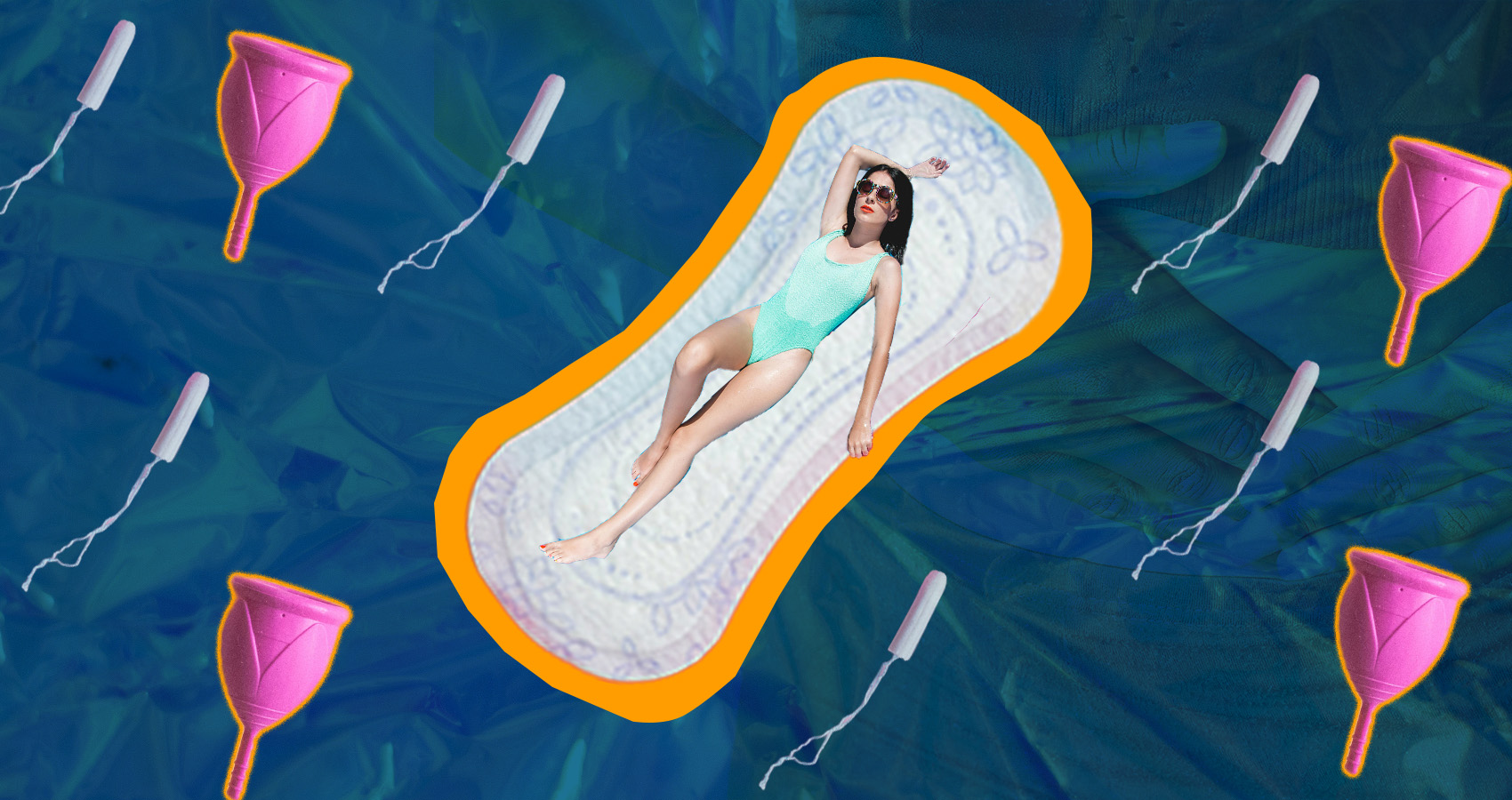
Global Milestones In Menstrual Health
Because periods shouldn’t hold anyone back.
In recent years, menstrual health has increasingly been recognised as a fundamental aspect of gender equality, public health, and human dignity. Around the world, governments are taking meaningful steps to tackle period poverty, reduce stigma, and improve access to menstrual hygiene products – for everyone who menstruates. These policy changes reflect growing momentum for menstrual equity – and a more hopeful future for women, girls, and gender-diverse people everywhere.
Nepal’s Supreme Court Ruling - A Legal Victory for Menstrual Equity:
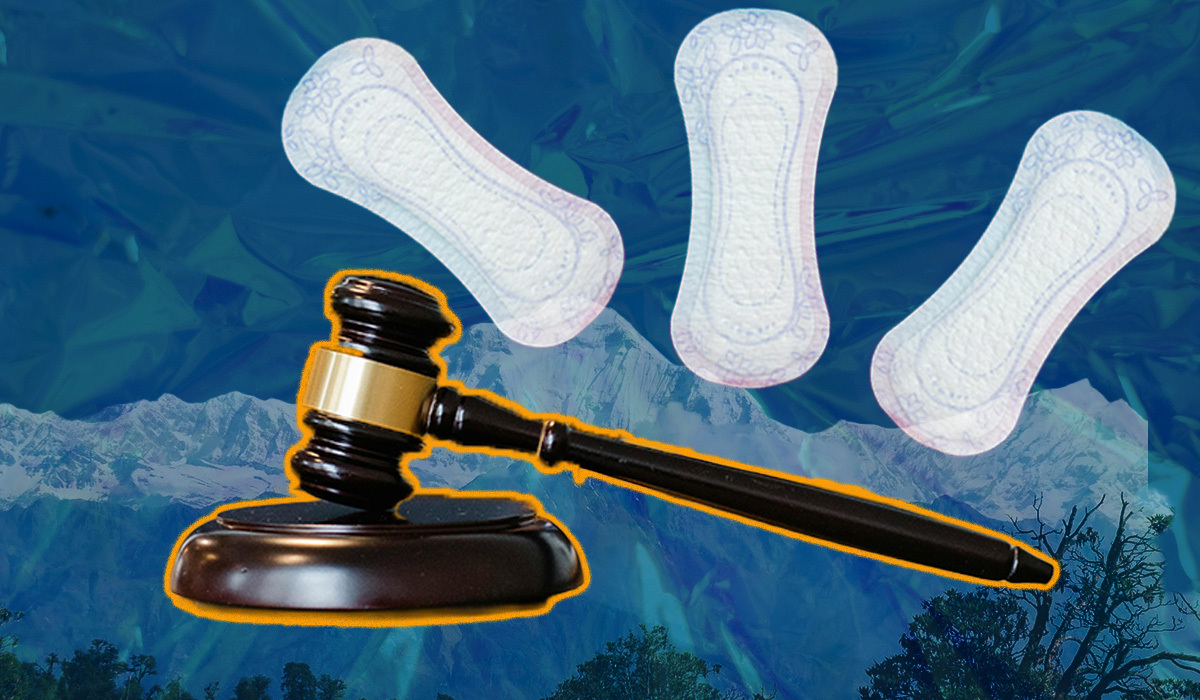
In July 2025, Nepal’s Supreme Court made a landmark ruling, that sanitary pads will no longer be subject to tax. This decision came after a four-year legal battle initiated by two law students who argued that menstrual products should be considered essential goods rather than luxury items.
Previously, Nepal imposed an 18% tax on sanitary pads (5% customs duty and 13% VAT), contributing to high prices and limited accessibility, especially in rural areas. The court's decision is expected to reduce prices significantly, encourage domestic production, and expand access to menstrual hygiene products.
This ruling places Nepal among a growing number of countries that have responded to grassroots advocacy by removing financial barriers to menstrual health.
Portugal’s Menstrual Leave - Recognising Chronic Pain as a Workplace Issue:

On 26 April 2025, Portugal implemented Law 32/2025, granting up to three consecutive days of paid menstrual leave per month for workers diagnosed with endometriosis or adenomyosis. This progressive legislation recognises the disabling nature of these conditions and acknowledges menstrual health as a legitimate workplace issue.
The policy not only entitles affected employees to fully paid leave with a one-time medical certification but also ensures access to fertility preservation and subsidised medications through Portugal’s National Health Service. It reflects a shift in how menstrual pain is understood and addressed: with compassion, science, and policy alignment.
Free Menstrual Products in Schools - Supporting Education in Australia:
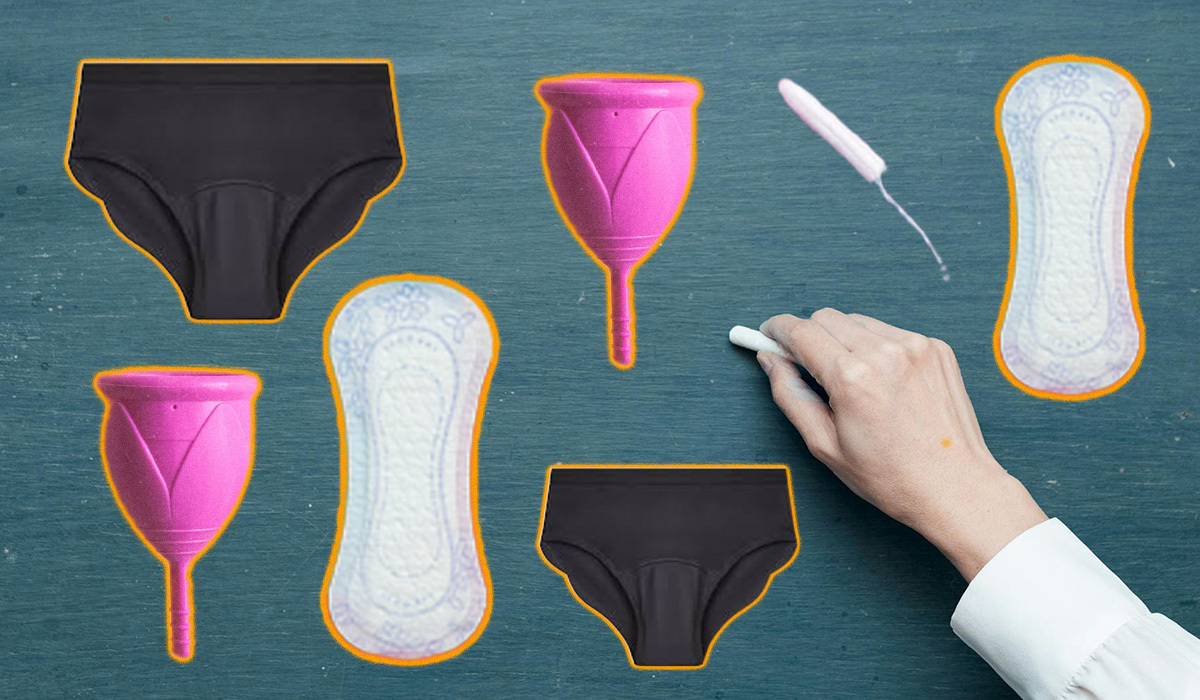
Since 2023, the Department of Education in New South Wales (NSW), Australia, has provided free menstrual hygiene products to students in public schools. Initially limited to pads and tampons, the program has expanded to include period underwear, offering students a more sustainable and comfortable option.
The initiative aims to eliminate the educational disadvantage caused by period poverty – in which students miss school due to lack of access to sanitary products. To date, over 65,000 pairs of period underwear and nearly 2 million pads and tampons have been distributed.
By making products readily available and easy to access, the program empowers students to participate fully in their education, free from the shame or stress that menstruation often brings.
Global Progress - From India to Scotland:
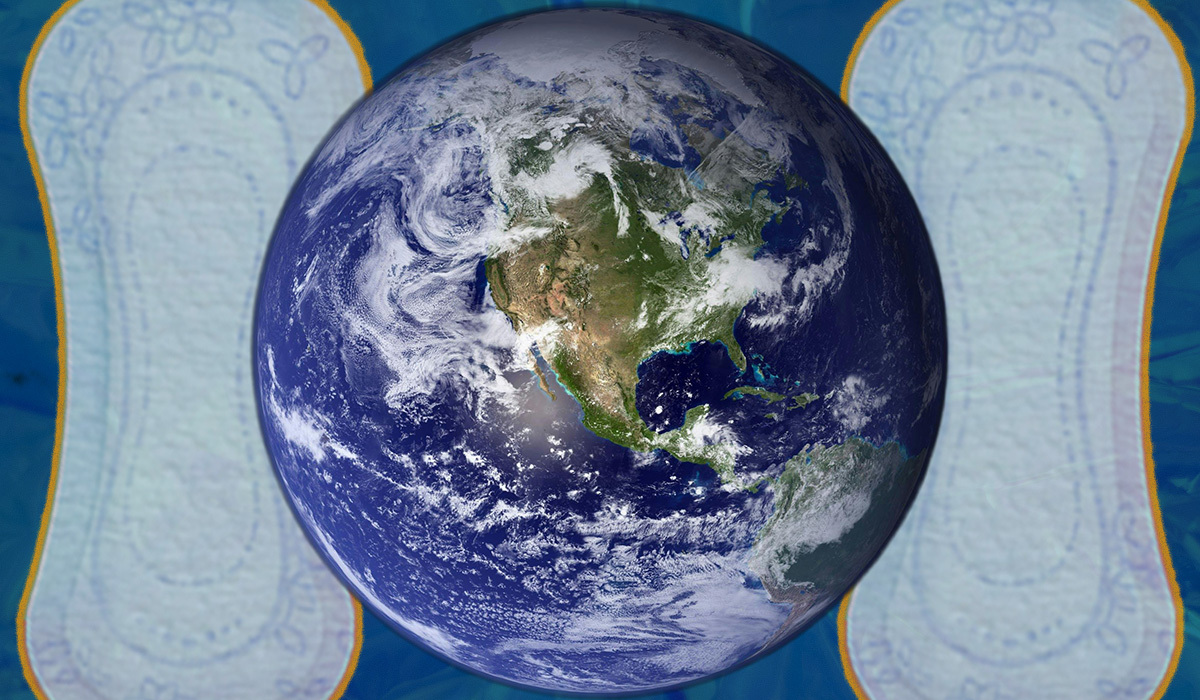
Nepal’s new ruling joins a wave of global progress in menstrual health policy. India removed its 12% tax on sanitary products in 2018, followed by the Maldives and Colombia. In 2020, Scotland made history as the first country to provide free menstrual products to anyone who needs them.
These milestones share a common thread: the recognition that menstrual hygiene is not a luxury, but a necessity. They challenge the deep-rooted stigma surrounding menstruation and affirm that dignity, education, and health should never be compromised by biology.
Hope for the Future:
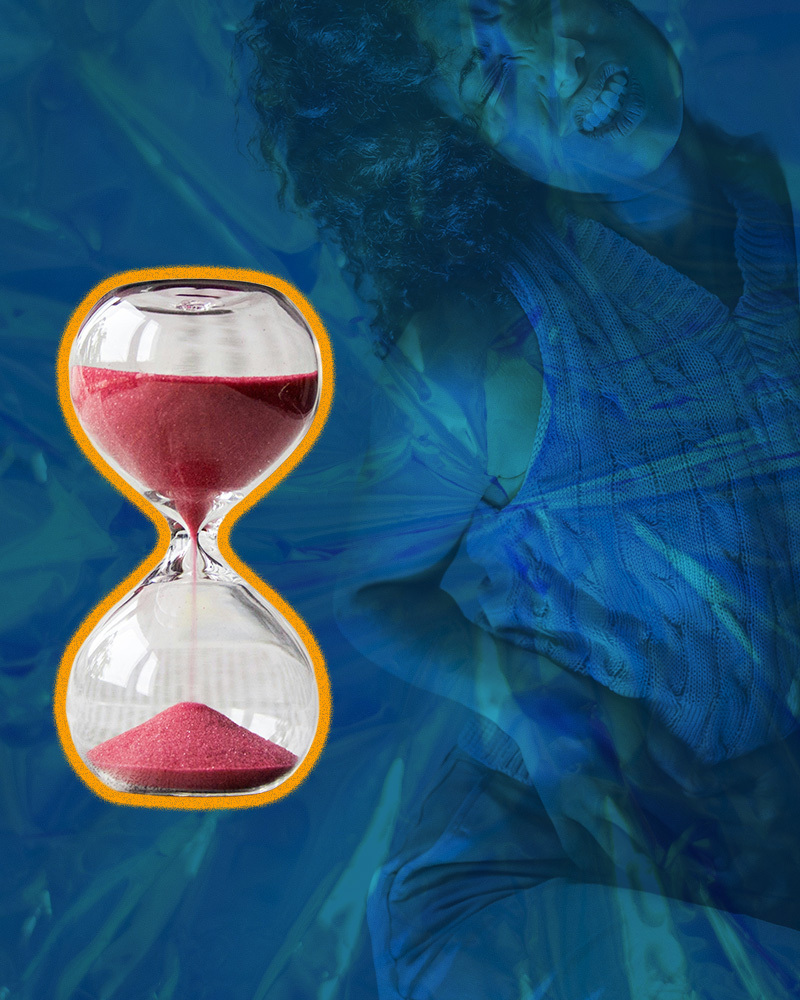
From tax exemptions and school programs to workplace protections, the growing global movement for menstrual equity signals a powerful shift. These policies don’t just improve access to hygiene products – they reinforce women’s rights, support health and education, and create more inclusive societies.
Menstrual health is no longer a side issue. It’s central to equality – and progress is finally catching up. Period.











